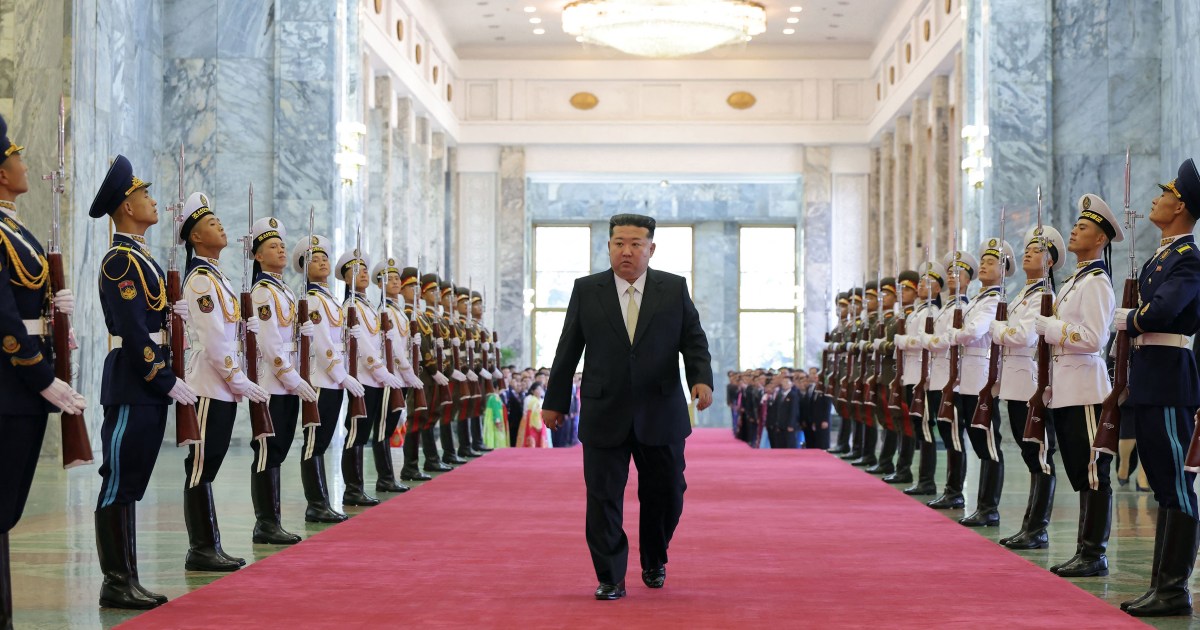North Korea has intensified its repression by imposing public executions on those who share foreign films and TV, according to the United Nations. Expanding electronic surveillance serves to tighten the regime’s hold over citizens’ access to outside information.
North Korea is executing people for sharing foreign films and TV, U.N. says

Key Takeaways:
- North Korea has broadened electronic monitoring of its population
- Public executions are reportedly carried out for sharing foreign media
- The United Nations condemns these acts as serious human rights violations
- The crackdowns highlight the government’s intolerance toward outside cultural influences
The U.N. Report on North Korea
The United Nations has raised alarm over North Korea’s alleged practice of executing people for sharing foreign films and TV shows. This latest disclosure indicates that the government’s efforts to control information flow within its borders have reached new levels of severity.
Expanding Electronic Surveillance
According to the U.N., the North Korean regime has expanded its electronic monitoring to detect any breaches of its stringent regulations. While extensive surveillance is not new for North Korea, these developments suggest an even tighter grip on personal freedom.
Public Executions for Foreign Media
One of the most disturbing aspects of the U.N. findings is the public execution of citizens found guilty of distributing, or sometimes merely possessing, media from outside the country. Such measures underscore the country’s broader objective of curtailing exposure to external cultural and political ideas.
International Implications
Global observers, including human rights advocates, have voiced concern about the growing severity of punishments in North Korea. The U.N.’s report further highlights the need for continued scrutiny and potential policy responses from the international community.
Elevated Repression
These allegations fit into a larger pattern of intensified control. The North Korean leadership has historically kept a tight watch on communications and cultural influences, but the reported surge in surveillance tools and capital punishments marks a significant escalation.
Final Thoughts
The United Nations’ latest findings paint a grim picture of life under a regime determined to block external influences—even resorting to the harshest imaginable sentences. As North Korea continues to reinforce its policies, questions remain about the global response and the fate of those who risk seeking new perspectives through foreign media.











